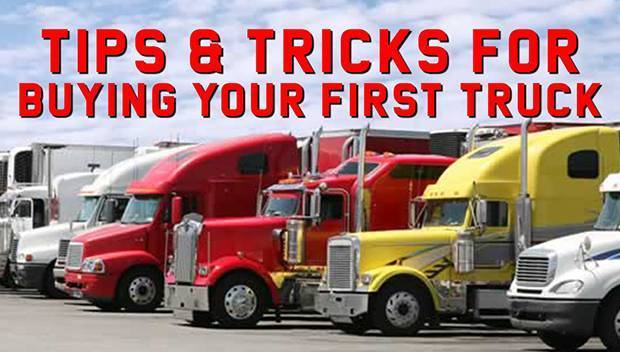

March 3, 2022

1476 Views

4 min read
How To Get Started As An Owner-Operator In Trucking
Almost every truck driver, whether a newcomer to the industry or a seasoned veteran, has fantasized about owning their big rig and hitting the road to make big money at some point.
Owner-operators are distinct from other truck drivers in the industry. They work for a company that they own as independent contractors. They get to retain all of the money they make, but it means they have to assume full responsibility for their business (and associated costs).
Becoming an owner operator in the current trucking market
The current trucking market is experiencing a driver shortage and has many drivers looking for opportunities to purchase their vehicles. However, they are unaware that they must have particular insurance ready before embarking on their adventure.
A lack of information about what it takes to start a trucking firm on one’s own is one of the most common reasons for an owner-operator to leave the trucking industry. To start up an owner-operator company, you’ll need:
A Good Credit Score
Owner-operators usually need to be self-employed and take on more risk as they do not have an employer or an insurance provider. A good credit score is crucial to the profitability of any owner-operator trucking company. It can help them with getting bank loans and buying equipment. It is a requirement for most fleet companies.
-
Expert accounting, legal & business advisers
The benefits of being an owner-operator are that you have more flexibility with your work hours, don’t need any commercial insurance, and can negotiate your rates. On the downside, you will be responsible for all costs related to owning a fleet of trucks, including vehicle repairs and maintenance, fuel costs, and tolls. Owner-operators can benefit from Fleetcare’s skilled accounting services to help them get off to a good start.
-
Be prepared for a long-term financial commitment.
Financial commitments are promises to pay for future expenses. Rent, utilities, insurance, loan repayments, and tax bills are examples of such expenses. Being an owner-operator requires a long-term financial commitment. This will affect how a driver should budget. It is important to set a budget for fuel and maintenance that can be maintained throughout their career as an owner operator. That way, the driver’s profits will not be compromised because of a lack of planning or maintenance on the truck.
-
Deciding which trucking company to work for.
Look for a carrier with owner-operators who have been with the company for a long time. It suggests the money has been good enough to keep them going for the “long haul,” which is what you want. Do not get involved in a lease-purchase agreement with a trucking company whose success or compatibility you do not fully understand. Forced dispatch implies they have “crappy loads,” which cannot be good. You don’t want to lose a load or your job for refusing freight.

FOR COMPREHENSIVE FLEET
MANAGEMENT SOLUTIONS
Good driving skills do not guarantee that you will be a great owner-operator.
It is important to remember that the person in the driver’s seat isn’t always the person in charge of the company. If your driving skills are good, it means you’ll be skilled and safe driver. Your driving abilities do not guarantee that you will be a good truck driver and vice versa. Good truck drivers are well-versed in the industry and know how to handle any situation during dispatch. They know how much to charge for services and what kind of vehicle they’ll require. Truck drivers might earn between $50,000 and $150,000 per year, but this isn’t always enough to keep them satisfied.
Driving may appear to be a straightforward chore, but it is far more involved than that.
Truck drivers must adhere to tight standards when doing chores such as loading and unloading the truck and dealing with paperwork. Many factors go into being a truck driver: driving skills, trucking knowledge, understanding of the regulations, market research, and negotiating skills.
Sign up for Exclusive Trucking Tips
Test







